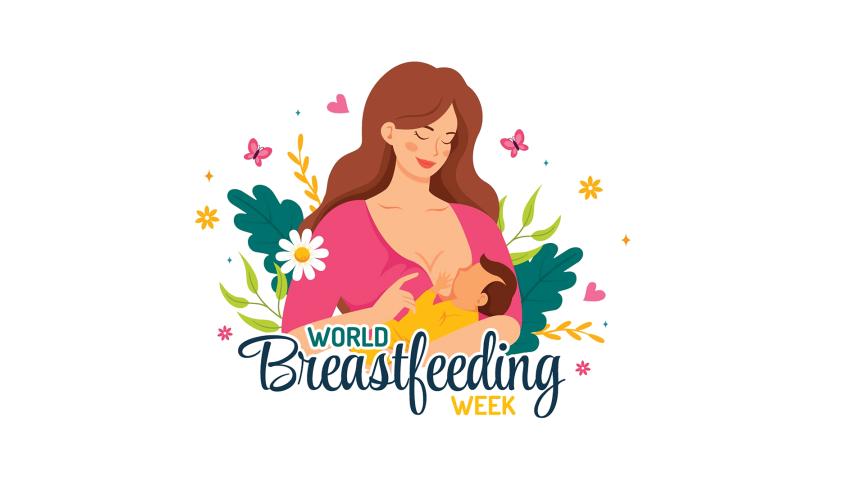Prioritise breastfeeding: Create a sustainable support systems

Breastfeeding is one of the most effective ways to ensure a baby's health, development, and survival in the earliest stages of life. It acts as their first vaccine, providing protection against diseases including diarrhoea and pneumonia.
Yet only 48% of infants under six months are exclusively breastfed — well below the World Health Assembly target of 60% by 2030. This gap is due to overlapping challenges faced by new mothers, health workers, and health systems. Millions of mothers do not receive timely, skilled support when they need it most. Only a fifth of countries include infant and young child feeding training for doctors and nurses, meaning most mothers leave hospitals without proper guidance on breastfeeding or introducing complementary feeding. Many health systems remain under-resourced, fragmented, or poorly equipped to deliver consistent, evidence-based breastfeeding support.
Investment in breastfeeding support remains critically low, even though every dollar invested yields $35 in economic returns.
As we mark World Breastfeeding Week under the theme "Prioritise breastfeeding: Create sustainable support systems", WHO and UNICEF call on governments, health administrators, and partners to:
• Invest in equitable, quality maternal and newborn care, including breastfeeding support;
• Increase national budget allocations for breastfeeding programmes;
• Integrate breastfeeding counselling into all maternal and child health services;
• Equip all health providers with essential breastfeeding skills;
• Strengthen community health systems for ongoing support;
• Enforce the International Code of Marketing of Breast-milk Substitutes in all health settings.
Strengthening breastfeeding support is a health, moral, and economic imperative.
 For all latest news, follow The Daily Star's Google News channel.
For all latest news, follow The Daily Star's Google News channel.
Comments